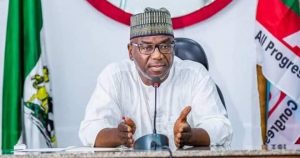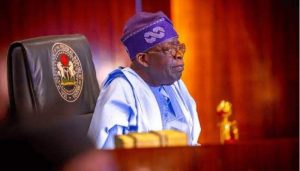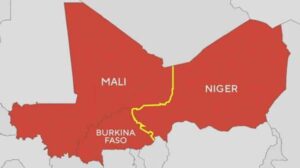Government Faces Backlash Over Economic Policies, Nigeria Braces for Nationwide Strike as Labor Unrest Grows

Stirrings of industrial unrest in Nigeria are becoming increasingly pronounced, as organized labor has announced a two-day nationwide strike on 27 and 28 February. This action is in response to what labor perceives as the Federal Government’s failure to honor a 16-point mutually agreed pact. The policies of fuel subsidy removal and liberalization of the foreign exchange market, introduced by President Bola Tinubu, have led to significant increases in the cost of living, leaving many citizens unable to afford basic necessities.
The Nigeria Labour Congress (NLC) and Trade Union Congress (TUC) issued a 14-day notice of a warning strike on 8 February, citing mounting hardship and insecurity in the country. Public protests against the government’s economic policies have erupted in major cities, highlighting widespread discontent. The Academic Staff Union of Universities (ASUU) has also expressed dissatisfaction with the government’s handling of its welfare and university education funding, aligning its protest schedule with that of organized labor.
The government’s delay in implementing a minimum wage increase and other promises made to labor has fueled the growing unrest. Despite the inauguration of a Minimum Wage Committee, delays in payment and other obligations have persisted. The promise to introduce Compressed Natural Gas (CNG) buses for mass transit to reduce transportation costs remains unfulfilled. The country is facing fuel scarcity, with prices soaring to as high as N900 per litre in some areas.
The government’s response to the crisis has been criticized as inadequate. While the Finance Minister has promised to resume a palliative scheme for vulnerable households, there are concerns about corruption and mismanagement in its implementation. ASUU has also raised issues regarding the devaluation of the naira, which has significantly reduced the purchasing power of Nigerian professors.
The failure to fully implement the 2009 agreement between the Federal Government and ASUU, which included a N200 billion annual funding injection into public universities, remains a contentious issue. The ongoing zonal congresses of ASUU are expected to address these and other issues affecting the nation’s universities.
The looming strike poses a significant threat to the country’s economy and stability. The government must demonstrate sincerity in implementing agreements with labor to avert a crisis. Efforts to divide and weaken the labor movement must be avoided, as unity among workers is crucial in addressing the current challenges.
Premium Times







